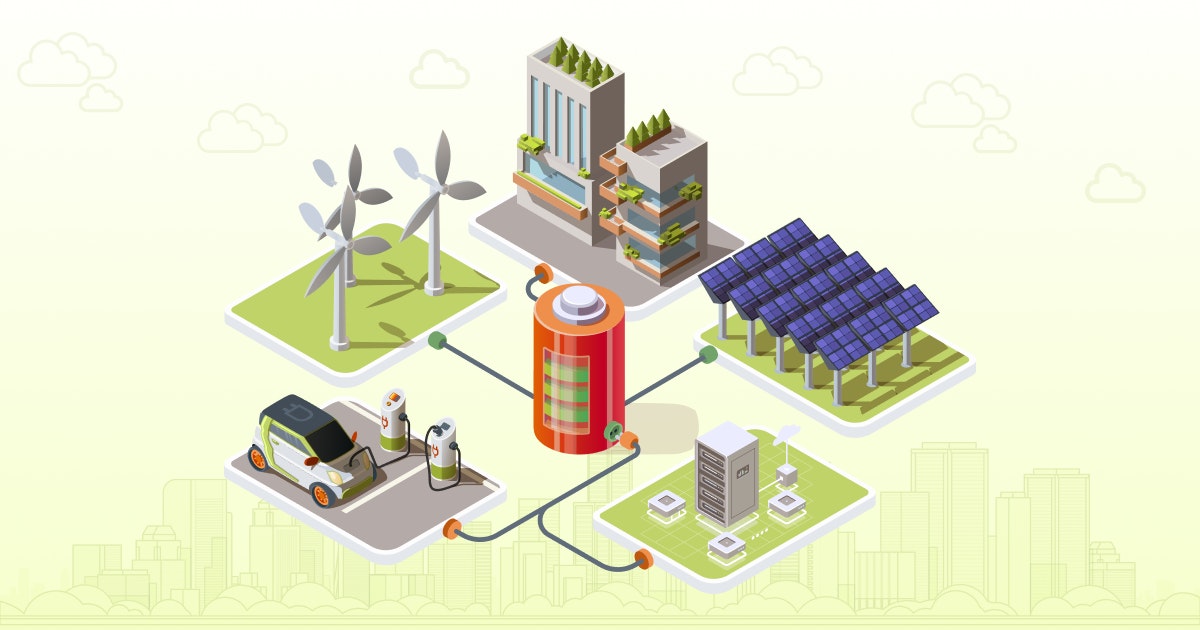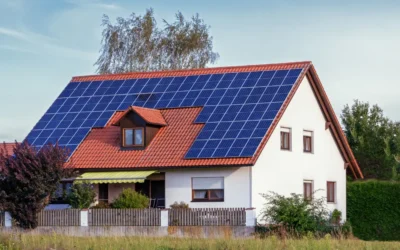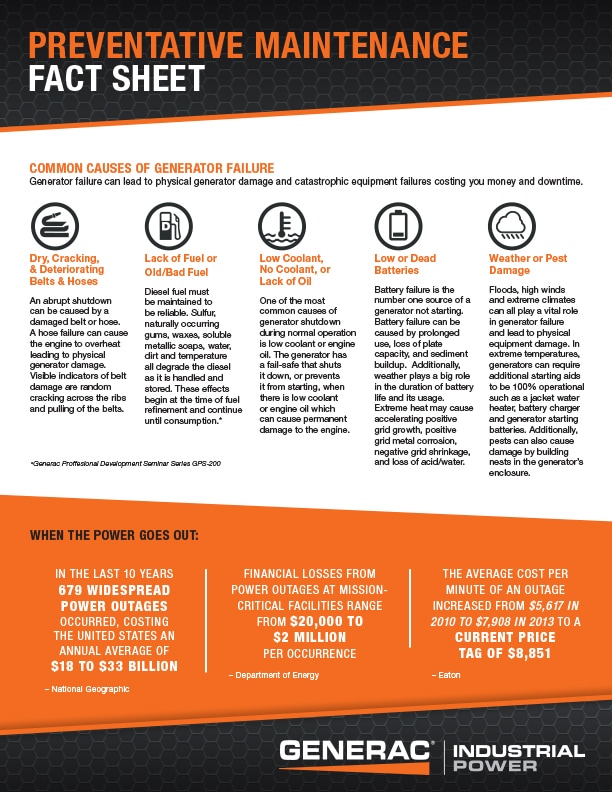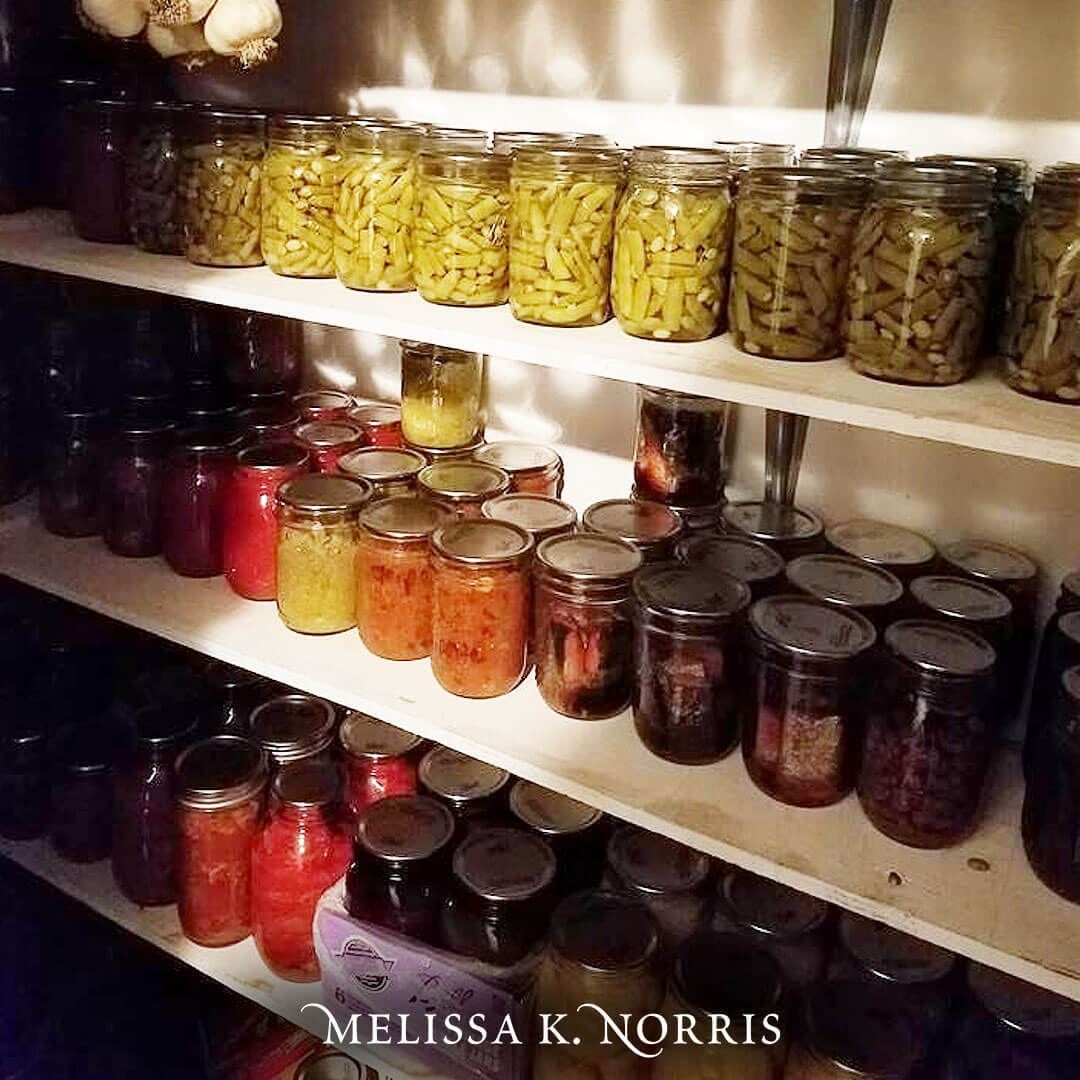Vital Role Of Maintenance essential for off-grid living. Neglecting it can lead to costly consequences.
Living off-grid means being completely reliant on your own resources to survive and thrive. It requires a lot of work to maintain everything from energy sources to water supplies and food production. We will explore the vital role that maintenance plays in off-grid living.
We will discuss how to maintain various off-grid systems and why upkeep is crucial to the success of living off-grid. Whether you are new to off-grid living or an experienced homesteader, this article will provide helpful tips and insights to ensure your off-grid lifestyle remains sustainable and enjoyable.

Credit: discover.texasrealfood.com
Benefits Of Living Off-grid
Maintaining your off-grid living setup is crucial for long-term success. Proper upkeep of systems such as solar panels, water supply, and waste management is essential for self-sufficiency and reducing environmental impact. Regular maintenance can save you from costly repairs and keep you living comfortably off the grid.
Table of Contents
Living off-grid is a lifestyle choice that entails relying solely on self-generated power and resources. While it’s becoming increasingly popular, especially among those who prefer living in natural settings, there are numerous benefits of living off-grid. With reduced dependence on outside resources and increased self-sufficiency, this lifestyle is one that many are embracing more and more. In this article, we will explore some of the benefits of living off-grid and how maintenance plays a vital role in ensuring that the off-grid lifestyle endures.
Increased Self-sufficiency
Living off-grid requires individual homes to generate their power, which makes residents more self-sufficient. This lifestyle choice means using renewable energy, such as solar or wind power. Adopting this lifestyle entails producing food, filtering water, and managing waste without relying on outside resources. Additionally, maintaining the off-grid system’s components, such as the battery bank, charge controller, and generator, requires self-sufficiency. It’s crucial to understand how each component works and its condition to keep the system running smoothly.
Reduced Dependence On Outside Resources
Living off-grid means reducing your dependence on outside resources such as water, electricity, and food supplied by supermarkets. While living in remote areas can make one vulnerable to resource inadequacy, living off-grid gives residents an upper hand as they don’t have to rely on the fragile electric grid. Instead, residents use alternative resources, which they control and maintain, making them more self-reliant.
Embrace Simple Living
When people decide to live off-grid, they embrace simple living that reduces waste, promotes self-sufficiency and frugality. It’s a minimalist lifestyle that promotes simple living, leading to a healthier and happier life. When people embrace simple living, they create closer connections with nature and their surroundings, leading to a deeper appreciation of life’s essentials. Because this lifestyle encourages self-sufficiency, it leads to fewer distractions, less stress, and more time spent with family and friends.
In conclusion, by ensuring proper systems maintenance, off-grid living becomes more sustainable and efficient. By adopting a lifestyle that promotes increased self-sufficiency, simple living, and reducing dependence on outside resources, living off-grid provides both environmental and personal benefits that enhance human life quality.

Credit: www.linkedin.com
Challenges Of Living Off-grid
Maintenance plays a critical role when living off the grid. Without proper upkeep of systems like solar panels and water catchment, off-grid living can quickly become unaffordable and unsafe.
Living off-grid can present a plethora of challenges that must be taken into consideration. While modern life revolves around constant access to electricity, water, and waste disposal systems, those who choose an off-grid lifestyle must be prepared for limited access to utilities, managing waste, and navigating seasonal changes. To ensure a successful off-grid living, maintaining systems and equipment is critical. Let’s dive into some of the significant challenges of living off-grid and the ways to overcome them.
Limited Access To Utilities
Living off-grid requires you to be self-sufficient and supply all your basic needs independently. Access to electricity and water is usually limited and requires alternative sources to meet the demand. Solar power, wind generators, or hydro power generators can generate electricity, depending on the location’s energy sources and terrain. You will also need to use rainwater harvesting techniques or bore/well water to provide water supply.
To make the most of your alternative systems, regular maintenance is a must. Solar panels, batteries, and backup generators require consistent monitoring and upkeep to perform efficiently. It is crucial to install, troubleshoot, and repair these systems properly. This way, you can ensure that you have access to the essential resources you need for living off-grid efficiently.
Managing Waste
Living off the grid, you will not have the luxury of regular trash pickups, so it is essential to manage waste properly. Your waste management system can vary and may include composting, incinerating, or burying waste. The aim is to limit the amount of waste you generate and dispose of it safely and effectively to prevent environmental damage.
Proper waste management requires a constant system of maintenance. For instance, composting toilet systems must be monitored and emptied when needed. Waste incinerators can clog and break down over time, so regular repairs and cleaning are crucial to ensure the system works properly. With effective waste management, you can reduce your environmental footprint while living off-grid.
Navigating Seasonal Changes
Living off-grid requires you to be in tune with the weather and natural environment since you may be relying on sunlight, water supply, and wind power to meet your energy needs. Seasonal changes can pose challenges to your off-grid lifestyle and require timely preparation. For example, solar panels may generate less power in the winter months, so you may need additional backups like a generator.
You may also need to stockpile resources before harsh weather hits. For example, if you live in an area with a heavy snowfall, you need to ensure that your access to your supplies, including food, water, and fuel, is not disrupted. Maintaining your heating and insulation systems is also crucial during extreme weather conditions.
In conclusion, living off-grid presents a unique set of challenges, including limited access to utilities, managing waste, and navigating seasonal changes. If you’re prepared for the maintenance work it will take, an off-grid lifestyle can be sustainable, eco-friendly, and rewarding. Regular upkeep, repair, and replacement of systems and equipment are vital to ensure you have safe and reliable access to the resources you need.
The Importance Of Maintenance In Off-grid Living
Regular maintenance plays a vital role in ensuring the sustainability of off-grid living. From checking the solar panels to maintaining the water supply system, every aspect needs careful attention to ensure a comfortable and stress-free lifestyle in remote places. Without a proper maintenance routine, it is impossible to sustain off-grid living and survive nature’s harsh realities.
Living off-grid provides a sense of freedom and independence that comes from being self-reliant. However, living off the grid requires a lot of effort, including maintenance, to keep everything running smoothly. Off-grid maintenance may not be as simple as taking care of a traditional home since off-grid living often includes systems for generating power, heating and cooling, and managing water. This article focuses on the importance of maintenance in off-grid living and how it can save you money, increase sustainability, and ensure safety.
Prevents Costly Repairs
Preventive maintenance is cheaper than repairs, and it can help to identify and fix issues early before they become costly problems. Simple tasks like regularly cleaning gutters, checking pipes for leaks, and changing air filters can make a big difference. In the long run, maintaining an off-grid home is easy and cost-effective compared to expensive repairs that result from neglect. Regular maintenance also ensures the longevity of the systems put in place to live off the grid.
Increases Efficiency And Sustainability
Maintaining an off-grid home increases the efficiency and sustainability of your off-grid lifestyle. Regular cleaning and upkeep of solar panels, wind turbines, and batteries help to maximize their energy output and service life. Keeping appliances in good condition, such as refrigerators and stoves, helps maximize efficiency and reduce energy waste. Regular maintenance of composting toilets and rainwater harvesting systems helps to ensure that they continually function well.
Ensures Safety
Safety is paramount when living off-grid, and regular maintenance is critical to maintaining safety standards. For example, regular maintenance ensures that generators are not only functional but not posing hazards when left unattended. Maintenance helps keep fireplaces and chimneys clean to reduce the chance of a fire outbreak. Overgrown vegetation around the home can provide hiding spots for predators and lead to possible fire hazards. Regular maintenance can help identify and mitigate such safety hazards.
Off-grid living is an excellent way to gain independence and reduce environmental footprint. The importance of maintenance in off-grid living cannot be overstated as it ensures that your home systems work efficiently, sustainably, and safely. Regular and preventative maintenance efforts keep off-grid living costs under control, ensures basic off-grid systems last years longer while ensuring increased efficiency and safety.
Areas That Require Regular Maintenance
Living off the grid means freedom from the hustle and bustle of city life. It also means taking responsibility for everything that keeps us comfortable on a day-to-day basis. This means all the resources used, electricity, water, heating and cooling systems. Although a significant advantage of living off-grid is the self-reliance that comes with it, it’s important to keep in mind that independent living also requires upkeep. In this article, we’ll explore the areas that require regular maintenance when living off-grid.
Water Supply And Filtration Systems
One of the most important systems off-gridders need to keep in check is their water supply and filtration system. Storing and purifying water requires regular maintenance to avoid contamination and buildups. You should frequently check your filters for sediment buildup and wash them to maintain their efficiency. Additionally, you might need to replace these filters periodically to ensure that they are working correctly. Inspect the plumbing system to look for leaks, and also consider installing a water meter to track usage, detect leaks and reduce waste in the system.
Solar Panels And Batteries
Solar energy is the primary electricity source for most off-grid homes. The sun is a reliable energy source but maintaining solar panels and batteries is vital to keep the system going year-round. Regular maintenance such as cleaning the panels and keeping them clear of debris will help increase the efficiency of the system. Check the battery charge, wiring and connections to identify damage or loose connections, which might cause a significant drop in performance. Ensuring all components of the solar panels and batteries are in proper condition can make the system operate at maximum potential.
Heating And Cooling Systems
Heating and cooling systems play an essential role in keeping your off-grid home comfortable in all seasons. The system must function well 24/7 to maximize its potential efficiently. This requires regular cleaning and maintenance. Check the filters of the system frequently to ensure they are clean and unobstructed. Also, examine the pipes and vents regularly for leaks, damage or blockages, and replace them if necessary to avoid energy loss and overheating of the system. Inspect the thermostat and programmable controllers to ensure the settings are accurate. Maintaining the heating and cooling systems well is crucial in conserving energy and keeping the system running efficiently.
Diy Vs Hiring Maintenance Services
Living off the grid can be both challenging and rewarding. It’s a lifestyle that requires a lot of effort and hard work but with the right preparations, it can offer an incredible sense of independence. However, off-grid living also means you need to take care of everything yourself, from generating your own power to fixing your own plumbing. Maintenance is fundamental when it comes to off-grid living, and you can choose to either DIY or hire maintenance services. Both solutions have their pros and cons, and in this post, we’ll discuss which one is the best fit for you.
Benefits Of Diy Maintenance
- Greater control over the repair or maintenance work.
- You save money on labor costs and service fees.
- You learn new skills and become more self-sufficient.
- You can tailor the repairs or maintenance to fit your unique needs and preferences.
- You can fix small problems before they turn into bigger, more expensive issues.
Benefits Of Hiring Maintenance Services
- Peace of mind knowing the work will be done by a professional.
- You save time and effort, as you don’t need to do the maintenance work yourself.
- You get a higher level of expertise and experience.
- You can rely on someone else to handle the repairs or maintenance, freeing up your time for other activities.
- You can benefit from ongoing maintenance and preventative care, reducing the likelihood of bigger issues later on.
Ultimately, whether you choose to DIY or hire a maintenance service depends on your level of expertise, budget, and time. While DIY maintenance can be cost-effective and an opportunity for skill-building, hiring a professional service assures high-quality work and saves time. Whether you choose one or the other, good maintenance is crucial to a successful off-grid lifestyle.
Budgeting For Maintenance Costs
Maintaining your off-grid home can be challenging, but it’s essential for a comfortable and sustainable life. Budgeting for maintenance costs is vital to ensure that your home remains operational, and you can avoid unexpected expenses. By investing in regular maintenance, you can extend the lifespan of your equipment and save money in the long run.
Creating a Maintenance Plan:
Before delving into budgeting for maintenance costs when living off-grid, it is important to first create a maintenance plan. Having a plan in place ensures that maintenance tasks are organized and that nothing falls through the cracks. Your maintenance plan should include a list of the types of maintenance needed and how often they should be done. Some areas to consider include the electrical system, plumbing, HVAC, and appliances. Having a maintenance plan in place will help you avoid costly emergency repairs.
Factors to Consider in Budgeting for Maintenance:
When living off-grid, it is important to budget for maintenance costs to keep your system running efficiently. There are several factors to consider when budgeting for maintenance, including the type of system you have, the age of the equipment, and the level of usage. Consider creating a maintenance fund specifically for these costs. It is also important to get professional evaluations of your system periodically to ensure that everything is functioning as it should. Below are some key factors to consider when budgeting for maintenance costs:
– Type of System: The maintenance needs of an off-grid solar system will differ from those of a wind or hydro system. Be sure to research the specific maintenance requirements of your system.
– Age of Equipment: Like all equipment, off-grid systems can break down over time. The older your equipment, the more likely it is to require maintenance.
– Level of Usage: The more you use your off-grid system, the more maintenance it will require. Consider your usage patterns when budgeting for maintenance costs.
Conclusion:
In conclusion, creating a maintenance plan and budgeting for maintenance costs are vital steps for those living off-grid. Proper maintenance ensures that your systems run efficiently and prevents costly repairs down the road. Consider all factors when budgeting for maintenance, including the age of your equipment and the level of usage. A little bit of planning and budgeting can go a long way in maintaining an off-grid lifestyle.

Credit: www.intuz.com
Conclusion
Living off-grid offers a variety of benefits for those seeking a more sustainable and independent lifestyle. Maintenance plays a crucial role in ensuring that these benefits are achieved. Taking the time to properly care for your off-grid systems can help you avoid costly repairs and unexpected outages.
By following the necessary maintenance procedures, you can rest assured that your off-grid lifestyle is sustainable and reliable for years to come.









